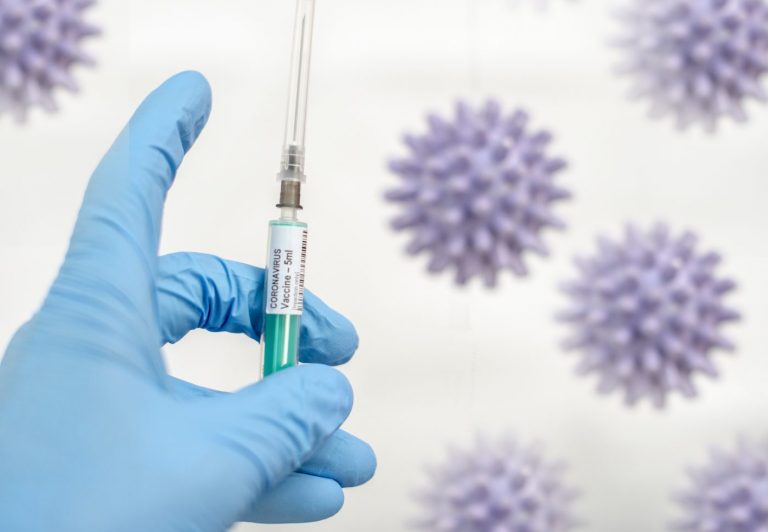
New research among patients with cancer indicates differing immune responses to COVID-19 vaccination with an mRNA vaccine (Moderna’s mRNA-1273). The findings from the Moffitt Cancer Center also revealed variable antibody responses differing by cancer diagnosis and treatment. A paper summarizing their findings is published in JAMA Oncology.
“The good news is that the majority of cancer patients—about 90%—did develop antibodies after vaccination, and they all had metastatic malignancies” said co-primary investigator Anna Giuliano, Ph.D., founding director of the Center for Immunization and Infection Research in Cancer at Moffitt. In the study among 515 patients, seropositivity was about 71% after the first mRNA dose (Moderna) and 90% after a second. “But the variability in the response to the vaccine was huge.” In general, the amount of antibody developed after vaccination was lower than adults of a similar age who were not living with cancer.
Of the total, 301 of the patients had hematologic cancers; the remainder had solid tumors. “We knew from other vaccine studies that depending on the type of cancer patients have and the treatment they are receiving renders them less able to respond with an antibody to a vaccine,” added Giuliano. “We were concerned this would happen in response to the coronavirus mRNA vaccine.”
The team discovered that seroconversion, or development of antibodies after vaccination was lower among patients with hematologic cancer (84.7%) compared with solid tumors (98%). Those with the lowest seroconversion rate were patients with lymphoid cancer, notably chronic lymphocytic leukemia and B-cell non-Hodgkin’s lymphoma. Of all the patients in the study, those who did not respond by developing an antibody—about 9%—had lymphoid cancers.
Along with cancer type, some treatments also suppressed seropositivity and antibody levels. These included patients treated with anti-CD20 monoclonal antibodies (rituximab) within 6 months before vaccination, or with small molecules, including tyrosine kinase inhibitors, proteasome inhibitors, lenalidomide, pomalidomide, and ventoclax. Patients who underwent CD19 chimeric antigen receptor T-cell (CAR-T) therapy also had lower responses.
“While the overwhelming majority of patients developed an antibody, we can’t tell if that is enough because we don’t know how much antibody is needed to protect against the virus,” cautions Giuliano. “But we know that the higher the antibody levels the more likely one is protected against disease caused by variants.”
These findings suggest that patients with hematologic cancer and those who are receiving immunosuppressive treatments may need additional vaccination doses. The team is now conducting a study with three complete mRNA doses – not a booster – to see the effect of an additional vaccine on seropositivity and antibody levels. “We want to see if a third full dose increases antibody levels and if it overcomes resistance, ” says Giuliano.
Until that data is available, Giuliano emphasizes that there is benefit to cancer patients with COVID-19 mRNA vaccination, emphasizing CDC recommendations for a third full vaccination dose for immunosuppressed individuals, which includes cancer patients.













